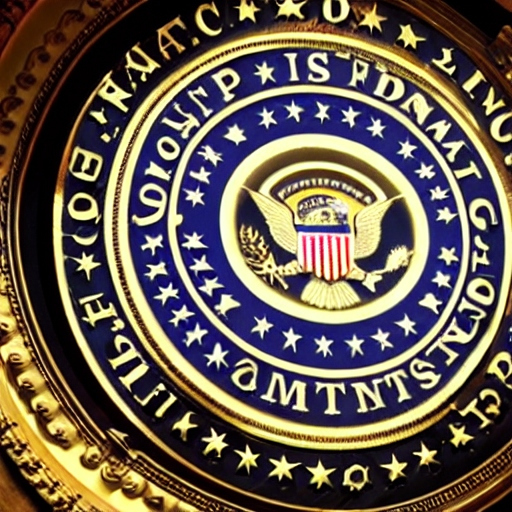Cynthia Lummis (R-WY) and Kirsten Gilibrand (D-NY), two prominent U.S. Senators, are redoubling their efforts to develop a legislative framework to regulate the developing digital asset sector. The pair announced their most recent effort to enact an updated version of the cryptocurrency regulation bill that they jointly introduced last year. This occurs in a time when the market for digital currencies is both flourishing and facing formidable obstacles.
The Securities and Exchange Commission filed lawsuits in June against Binance and Coinbase, two of the top cryptocurrency exchanges, to draw attention to the legal challenges the sector is experiencing. This decision to classify almost a dozen tokens as securities unexpectedly rocked the market and raised questions about the direction that digital currencies may take in the United States.
Positively, on June 15, numerous companies, including BlackRock, Invesco, Valkyrie, and Ark Invest, followed BlackRock’s example and submitted applications for exchange-traded funds in Bitcoin spot markets. The price of Bitcoin was heavily driven by this trend, which raised it to a level not seen since the previous year.
Wishing for a Better Bill
Lummis and Gilibrand are optimistic about the current version of their law, an updated version of last year’s Responsible Financial Innovation Act, despite these obstacles and opportunities. The initial version sought to make clear some of the most complex issues of cryptocurrency regulation, such as whether a token should be classified as a security or a commodity, which would then determine whether the Securities and Exchange Commission (SEC) or the Commodity Futures Trading Commission (CFTC) would be the appropriate regulator.
The best way to achieve regulatory clarity, consumer protection, and market change in the digital asset ecosystem is through bipartisan legislation.
Regarding the SEC’s present approach to cryptocurrency regulation, Lummis pointed out that Congress and the SEC are both to fault for the regulatory environment’s current ambiguity. She claims that the current unstable regulatory environment is due to both Congress’s reluctance to implement legislation and the SEC’s unwillingness to give proactive advice to companies. She promised that the revised draught would take into account comments from authorities and industry stakeholders.
The revised RFIA received a favorable response from the crypto community. It constitutes a huge step forward from the Senate, according to Georgia Quinn, general counsel for Anchorage Digital, who stated this in an email. She emphasized that legislation backed by both parties is the best practical means of achieving regulatory clarity, consumer protection, and market change in the ecosystem of digital assets.
However, Gabriel Shapiro, general counsel for Delphi Labs, had a more circumspect reaction to the revised legislation. He highlighted concerns over other elements of the bill that would lead to misunderstanding and issued a warning about potential confusion caused by the bill’s appearance of being “too deferential” to current securities laws.
The bill is still in the works, having passed through two GOP-led House committees, but its backers want to make it a bipartisan endeavor. One of the primary proponents of the legislation and chair of the House Financial Services Committee, Rep. Patrick McHenry, stated his desire for the final legislation to be bipartisan. Though they haven’t ruled the legislation out, House Democrats have expressed concerns about several provisions they feel might shield wrongdoers and undermine the SEC.













